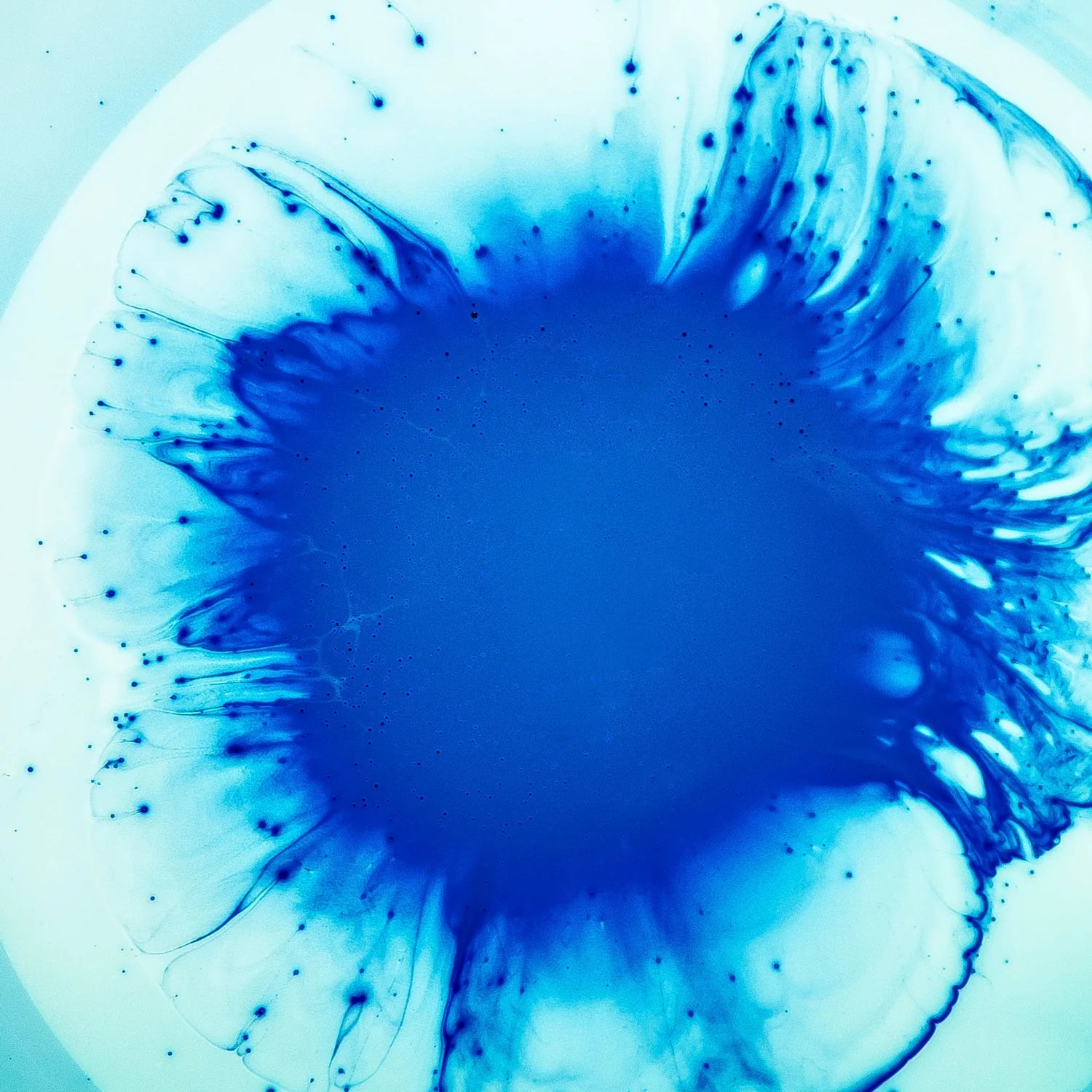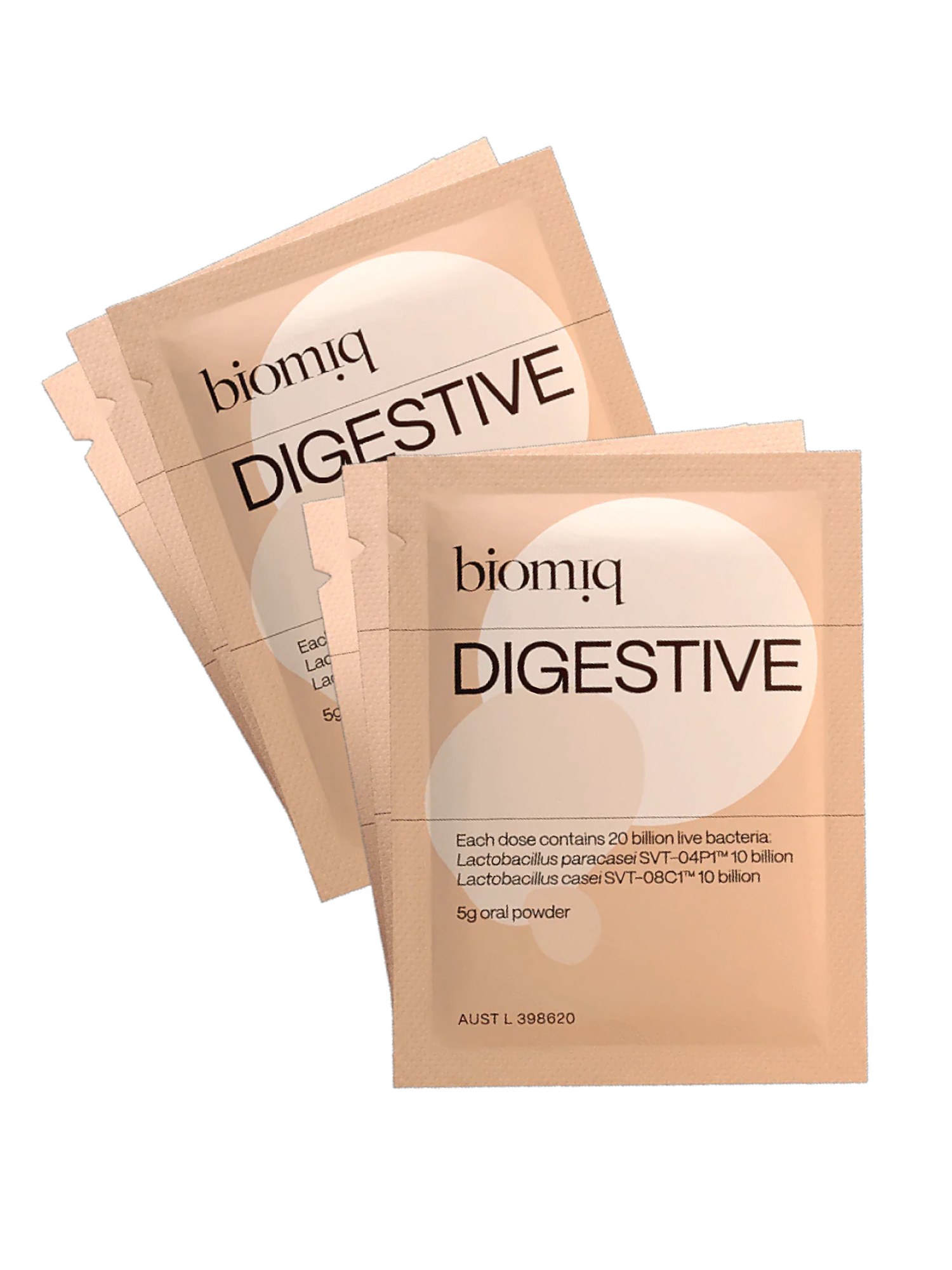It is in your microbiome's best interest to look after you, as you are home to these trillions of tiny microbes!
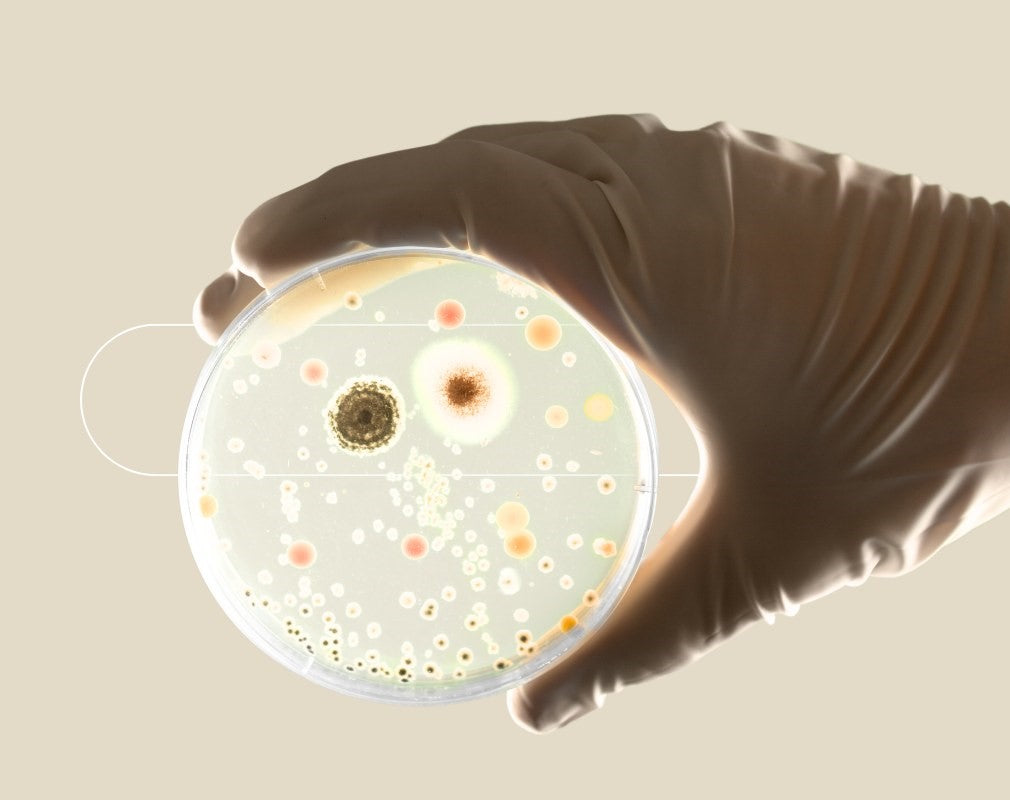
Often when we think about healthy skin, we think about clean skin that is free from bacteria, "germs", and dirt.
But there is a fascinating world beneath the surface of our skin that is rarely discussed yet holds tremendous importance: the skin microbiome.
Comprised of trillions of microorganisms, the skin microbiome plays a pivotal role in maintaining our skin's health, defending against pathogens, and even influencing our overall well-being
Functions of the Skin Microbiome
Protection against pathogens: a healthy skin microbiome acts as a protective barrier, making it a first line of defense against outside influences such as potentially harmful or disruptive bacteria and other microbes.
Regulation of the immune system: by interacting with immune cells, certain microbes help regulate inflammation, which is vital for keeping skin conditions like acne, eczema, and psoriasis in check.
Maintenance of skin barrier function: assists skin barrier function by stimulating the production of lipids and ceramides, which contribute to skin hydration and integrity.
Influence on skin health: Emerging studies indicate that imbalances in the skin microbiome can be associated with various skin conditions. For instance, acne has been linked to an overgrowth of certain bacteria, while eczema and rosacea may be influenced by a reduction in microbial diversity.
What causes changes to the microbiome?
Harsh Cleansers and excessive exfoliation:Aggressive exfoliating, harsh cleansers strip the skin of its natural oils and disrupt the microbiome. Exfoliate every so often and opt for mild, pH-balanced cleansers that cleanse gently without compromising the skin's microbial community.
Over-sanitisation:In our pursuit of cleanliness, we may inadvertently harm our skin microbiome by overusing antibacterial soaps and sanitisers. Strike a balance by practicing sensible hygiene without excessive sterilisation, allowing the skin's microbiome to remain intact and continuing to serve as a protective barrier.
Diet and lifestyle:Our diet and lifestyle choices can also influence the skin microbiome. A diet rich in processed foods and sugars may disrupt the balance, while a diverse and nutrient-rich diet supports a healthier microbiome. Additionally, stress, lack of sleep, and environmental factors can impact the skin's microbial ecosystem.
Hormonal changes:Hormonal fluctuations, such as those that occur during puberty, menstruation, pregnancy, or menopause, can influence the skin microbiome. These hormonal changes can alter sebum production, pH levels, and moisture content, thereby affecting the microbial composition. It may lead to conditions like acne flare-ups or changes in skin texture.
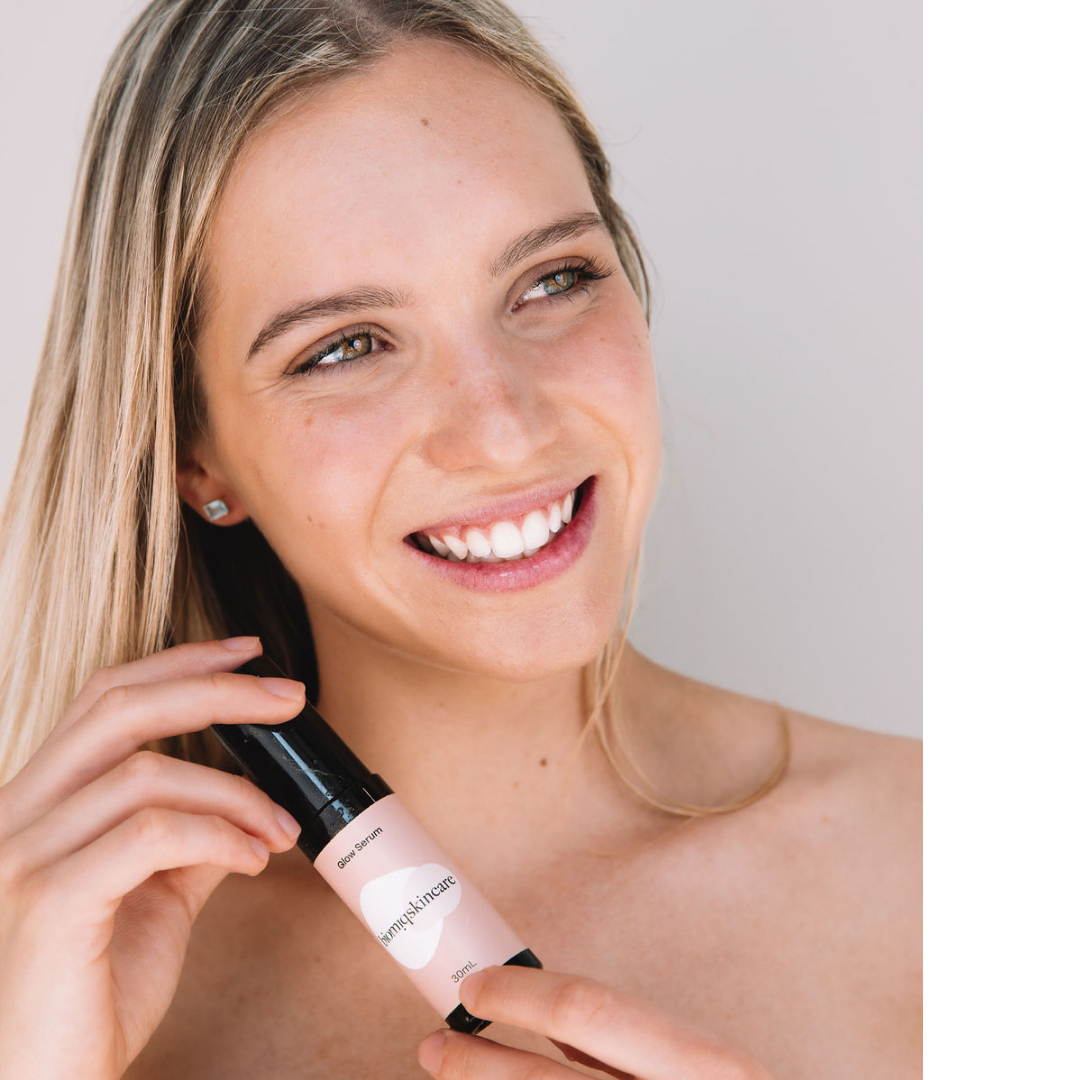
You can make it better
While it's not always possible to avoid all of these factors, adopting a gentle and integrated approach to skincare can help balance your skin's microbiome and improve your overall skin health.
biomiq Skincare possesses a combination of biocompatible and nature-identical ingredients that harmonise with your microbiome to bring out your best skin.
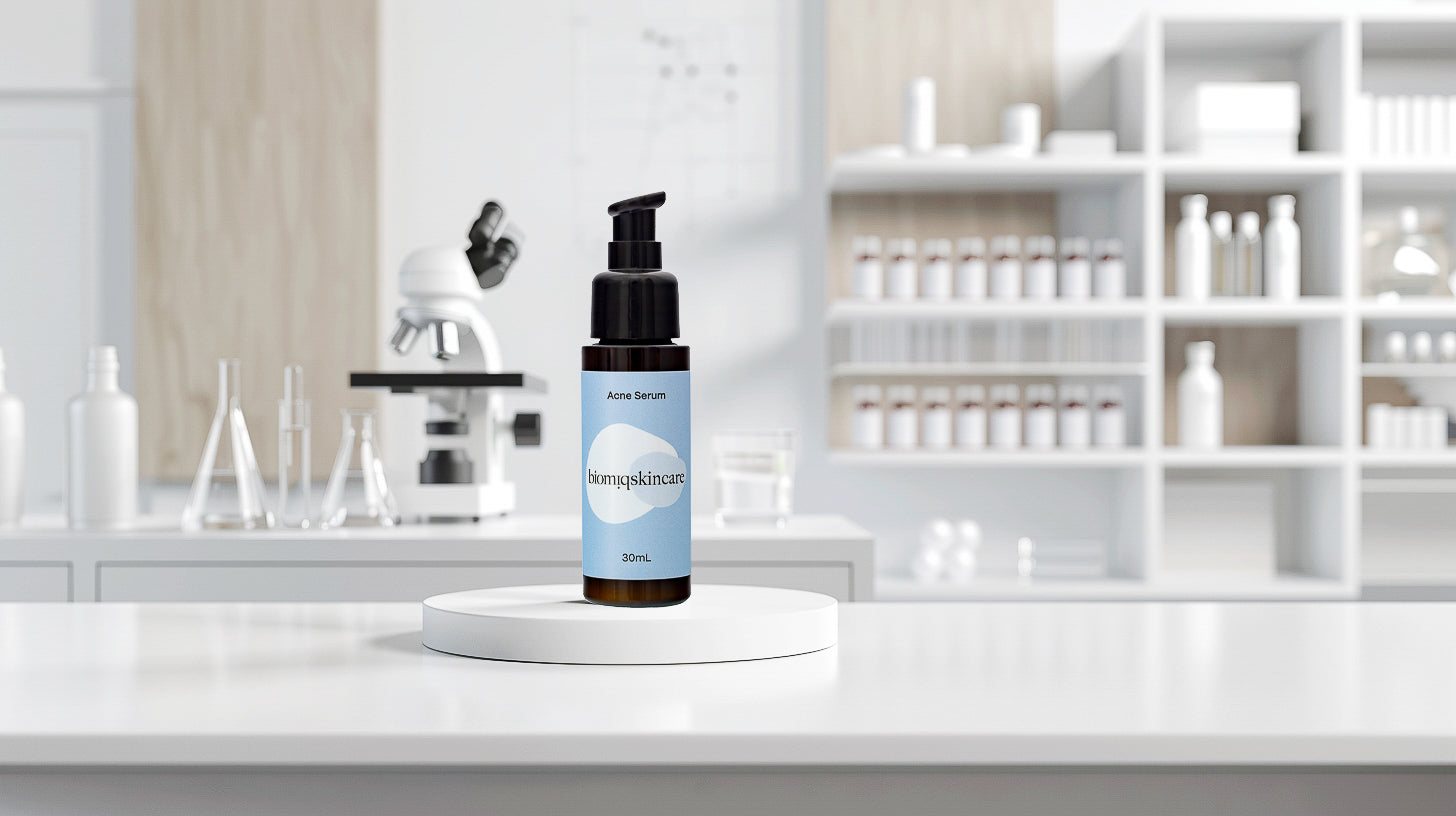
Using powerful and bioactive skincare, such as biomiq's postbiotic acne range, which actively instigates skin cell renewal will provide your skin with the nourishment and care it deserves. The signature postbiotics in biomiq's formula work hard to rebalance your skins natural microbiome. Not only treating common skin conditions, but also paving a future pathway to consistently clearer, more beautiful, healthier and toned skin.
Read our other blogs
-
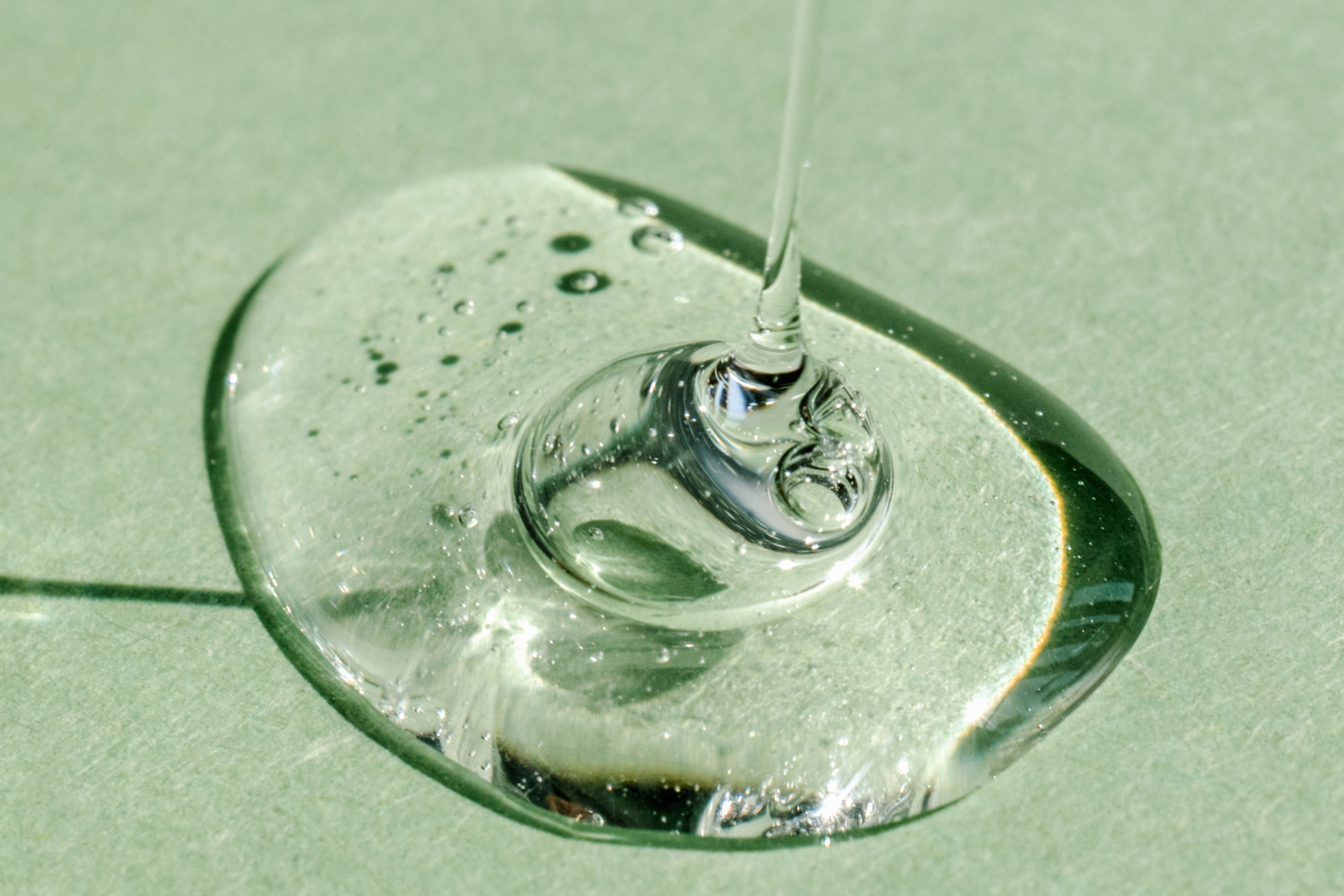
Cosmetic ingredients that your skin craves.
Read ArticleImagine having access to products designed to enhance your skin's health and shield you from harmful bacteria or irritants linked to common skin issues? A balanced skin microbiome not only helps manage and maintain unwanted skin conditions but also prevents them.
-

Skin Microbiome 101
Read ArticleThe skin microbiome is a collection of microbes that live on the skin. Just like the gut microbes are critical to our digestive health, these organisms play a pivotal role in keeping our skin healthy and looking good too.
-
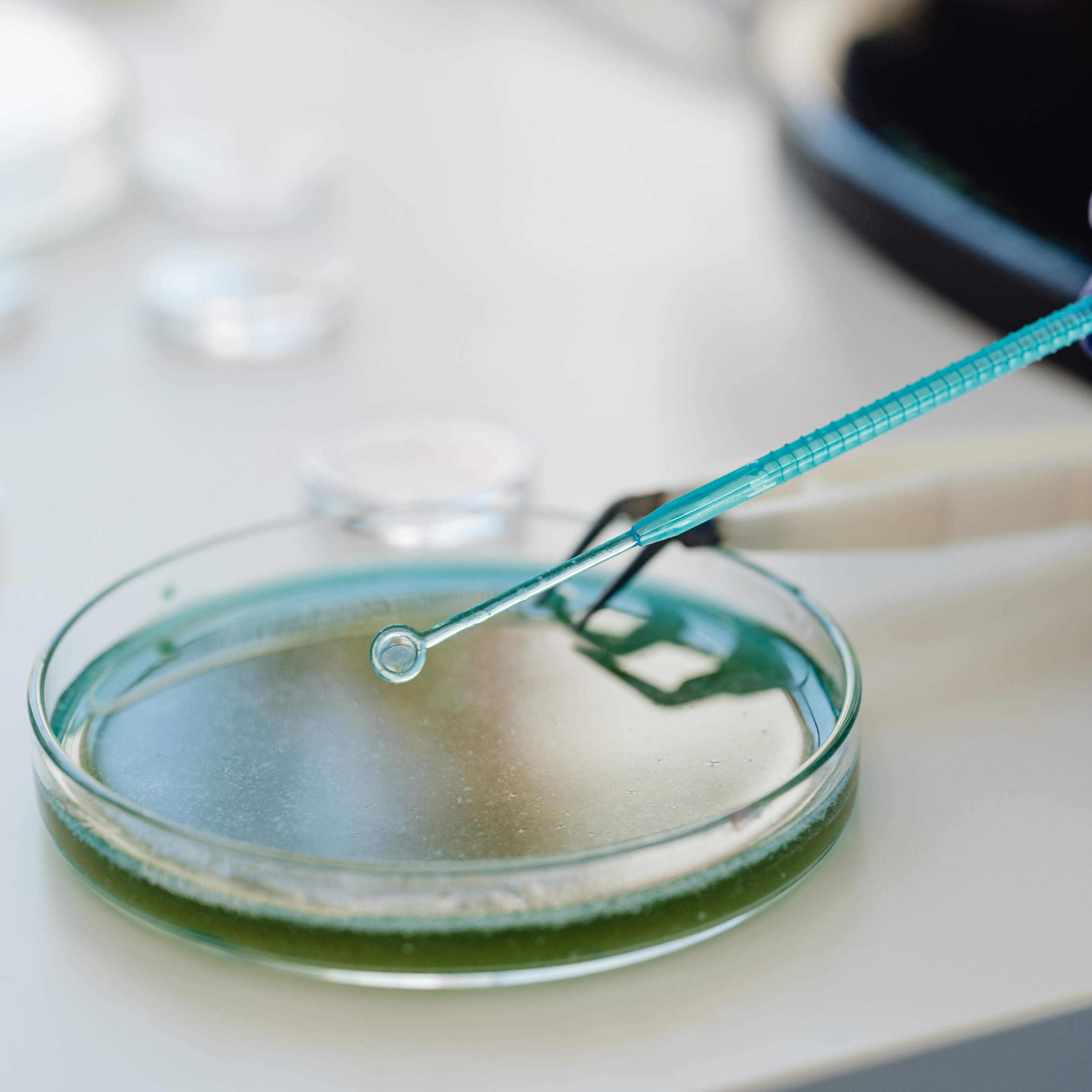
Post Vs Probiotic Skincare - What's the difference?
Read ArticleAside from all having “-biotic” in their names, each of these microbiome-related components have their own separate roles. Let’s explore the core functions of each and the key differences between them…

